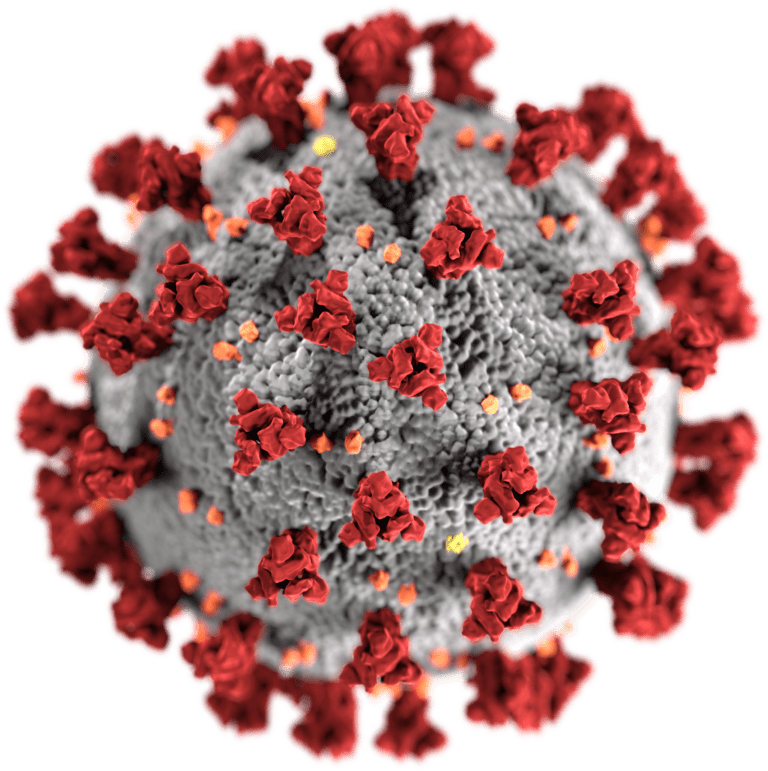Throughout much of the world, politicians have been slow to react to COVID-19, often starting with half measures, and typically getting to the drastic measures we really need too late, after the disease has spread to hundreds or thousands of people. Far too many leaders have taken a gradualist approach, either failing to appreciate the terrifying power of exponentially increasing spread until too late or unwilling to act for fear of the economic and political repercussions. Almost no nation has enough protective gear, enough beds, or enough tests.
In a perfect world, we might be able to follow South Korea and Taiwan’s approach of extensive monitoring, with some degree of freedom to move around, but we are not in a perfect world. That approach would require widespread testing and almost no other country — yet — has enough tests to follow it. Despite plenty of advance warning from China that ramping up production of tests and processing capabilities was warranted, almost no country is in a position to safely follow South Korea and Taiwan’s lead.
Instead, the rest of us have to buy time.
The key problem is that people who are asymptomatic can still transmit the disease to others. According to an analysis of data from China published in Science earlier this week, “undocumented infections were the infection source for 79% of documented cases”; in a test-starved area (like British Columbia, where two of us live), asymptomatic people don’t get tested; tests are saved for people in serious condition. And the asymptomatic people spread the disease without knowing it. Data from one town in Italy that tested all 3300 of its residents showed that half of those who tested positive showed no symptoms at the time they were tested. Unfortunately measures that fall short of full lockdown allow asymptomatic carriers to circulate — even if in limited ways—and that inevitably increases the spread of the infection.
This does not buy time; it makes the problem worse. Mortality increases, and the likelihood of hospitals being overrun escalates. Italy waited too long, and too few policy-makers have learned that drastic measures are necessary.
Allowing continued asymptomatic transmission through soft rules rather than hard lockdown is a disaster in the making. This is true precisely because spread continues be exponential; current projections are that the new cases will double every three days. Your city may have enough hospital beds for now, but within days or weeks it probably will not.
Italy’s situation makes clear what will happen next, to almost all of us, globally, unless we take drastic measures immediately. Chinese experts, who have successfully reduced transmission, think Italy’s lockdown has not been strict enough. They are surely correct. Italy finally realized this last night, two weeks after a softer lockdown failed to slow the spread.
Until we are equipped as societies for universal testing, shelter-in-place is the only way to reduce the overwhelming impact of the disease. The disease cannot spread if we don’t contact each other; if we do, even briefly, everything gets worse.
When we don’t shelter-in-place, the virus accelerates. People die; we lose our hospital workers, we lose our beds, we run out ventilators. At that point, draconian triage is imposed. According to one report, at least one hospital in Italy, nobody over 60 gets a ventilator.
Soon, we will see not only massive death tolls, but a shortage of health care workers, too.
If we allow our healthcare system to become overwhelmed, death rates will skyrocket, as hospitals are forced to resort to these wartime triage measures. In a country like South Korea that has managed the pandemic well, the death rate is hovering around .6%. In counties like Italy whose healthcare system has nearly collapsed, death rates will likely end up somewhere between 3% and 4%, if not higher.
Keeping everyone nonessential at home is a huge strain both psychologically and economically, but the alternative is far worse; research from Imperial College London suggests that the difference between a maximal strategy of suppressing the disease and the milder mitigation measures that many leaders are still clinging to may amount to millions of lives lost.
Putting it bluntly, how your country responds to the crisis impacts how likely you are to become infected with SARS-CoV-2, and how likely you are to die from the disease, COVID-19, that is causes.
Literally every minute that we wait to impose universal shelter-in-place until we are better equipped to face COVID-19 — with more masks, ventilators, tests, and so forth — will cost lives.
Universal shelter-in-place must start now; it is a moral imperative for us all.
Gary Marcus, PhD, is a scientist and entrepreneur, and Professor Emeritus of Psychology and Neural Science at New York University.
Karen Bakker, PhD, is an interdisciplinary scientist, entrepreneur, and Professor and Canada Research Chair at the University of British Columbia.
Annie Duke is author of Thinking in Bets, and co-founder of The Alliance for Decision Education
Derya Unutmaz, MD, Professor of Immunology at Jackson Laboratory for Genomic Medicine and University of Connecticut School of Medicine

